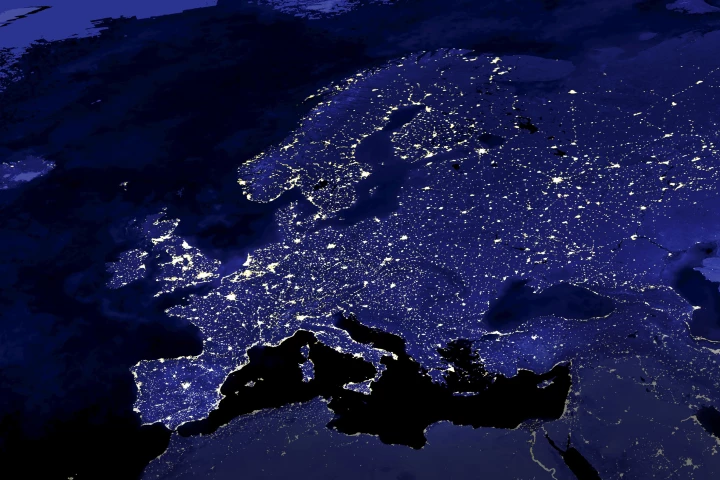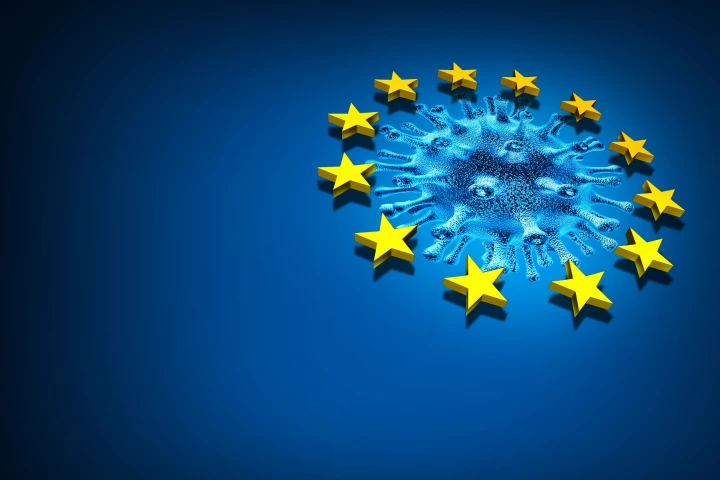European Union
-
The world's largest and most advanced tokamak fusion reactor has gone online as the EU/Japanese 370-tonne JT-60SA reactor was fired up for the first time during an inauguration ceremony in Ibaraki Prefecture, Japan.
-
Finland may be known as the happiest country on the planet. But right now, if any residents want to leave their paradise to travel to certain parts of the UK, they can ditch their paper passport and use a smartphone instead.
-
The European Parliament building in Brussels, Belgium, has been deemed inadequate for continued use. Rather than demolition, it will receive a radical renovation that will add sustainability features and greenery, including a rooftop garden.
-
The European Union is currently pumping about US$118 million a day into Russia due to its dependence on natural gas. The new REPowerEU plan is a chance to cut that figure down fast, and accelerate the transition to green energy in the process.
-
Following recent recommendations by an expert panel, the European Union has formally banned food coloring E171 from all foods, beginning in 2022. Also known as titanium dioxide, the chemical is commonly used as a white colorant in processed foods.
-
The European Medicines Agency has issued a broad approval for all adults over the age of 18 to be allowed a third Pfizer COVID-19 vaccine dose at least six months after a second dose. The advice follows similar recommendations in the United States.
-
The European Food Safety Authority has reclassified food coloring E171 after an expert panel concluded it “can no longer be considered safe as a food additive.” The announcement comes after years of research indicated the additive may be unsafe.
-
An EU court ruling demands that Facebook globally remove content an EU state deems illegal. Critics of the ruling suggest it infringes on global freedom of expression.
-
From July 1, any electric vehicle with four or more wheels that wants to be approved for road use in the European Union is going to have to have an "Acoustic Vehicle Alert System," or AVAS, fitted, making a continuous noise of at least 56 decibels if the car's going 20kmh or slower.
-
The European Parliament has just announced plans to tackle the tide of plastic pollution. Members of the European Parliament have this week voted in favor of a plan that would see items like single-use cutlery and straws banned from 2021 onwards.
-
The European Union has just ruled that gene-edited plants and crops are subject to the same tough regulations as genetically modified organisms. The ruling stands apart from a recent US government statement claiming gene-edited plants are notably different from more comprehensively altered GMOs.
-
In a decision years in the making, the European Union's Antitrust Commission has fined Google €4.34 billion for illegal practices that have been deemed to breach EU antitrust rules. The fine relates to what the EU sees as Google's use of its Android operating system to restrict competition.
Load More











